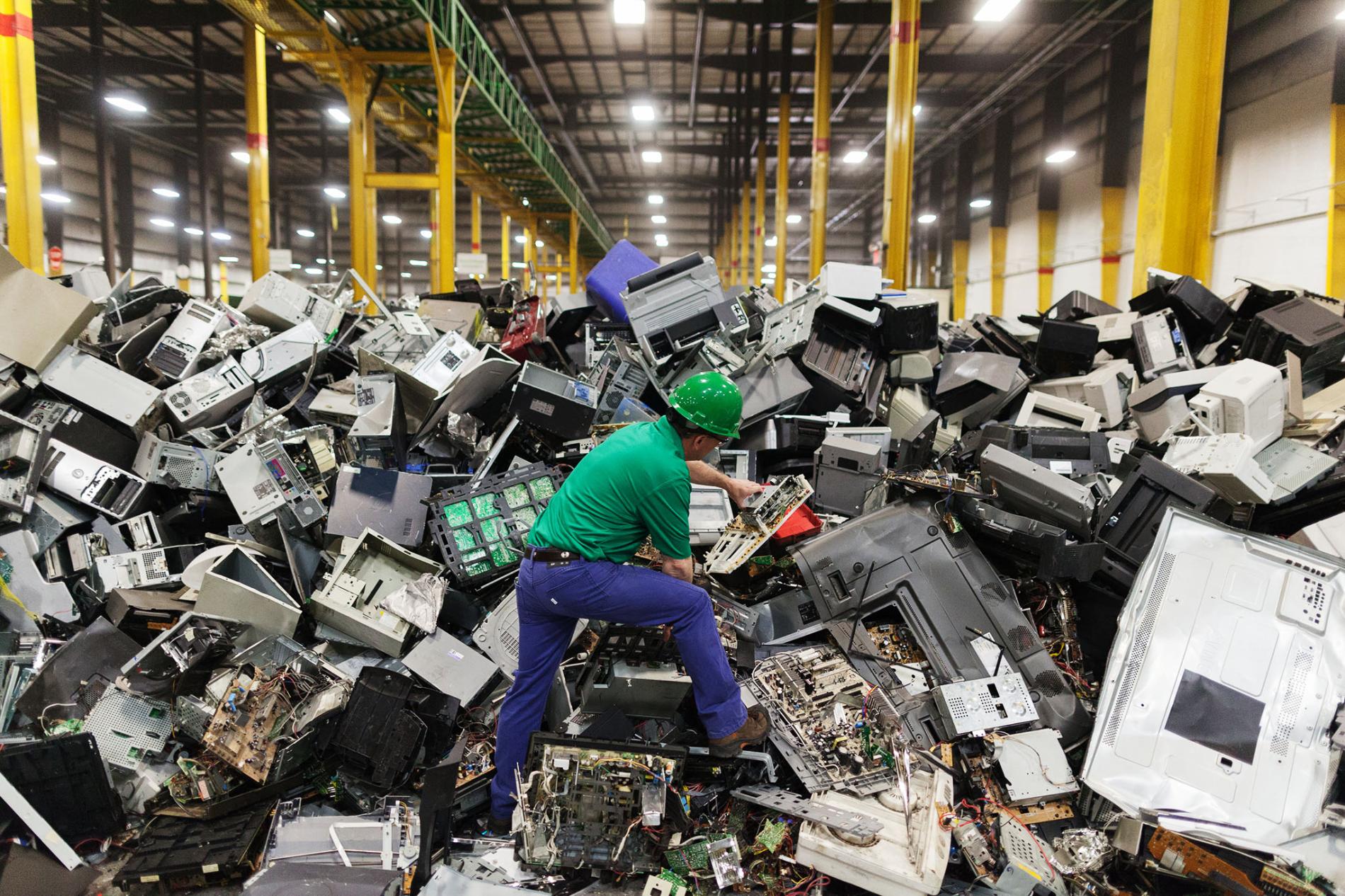For over a decade , solid waste management has been a challenge for the Nairobi City County. The city generates about 3,000 tonnes of solid waste per day and is transported to the main dumpsite at Dandora within Nairobi, approximately 10km from the Nairobi City centre.
In a bid to address this problem, the Nairobi Metropolitan Services (NMS) which is responsible for solid waste management in the city county entered into an agreement with KenGen to establish a Waste to Energy Plant at the Dandora Dumpsite.
The signed agreement which took place on Tuesday August 25 , has become the solution to Nairobi’s garbage problem, as it develops a garbage-powered electricity plant and adding to the country’s renewable energy pool.
NSE is expected to avail the land within or around Dandora dumpsite in addition to solid waste while KenGen has invited consultants to conduct feasibility studies on the viability of the plant as it finances, develop, and operate the power plant.
In a statement, the NMS Environment Water and Sanitation director Stephen Nzioka, said the capacity of the plant and its total cost are expected to be established after the feasibility study and ongoing talks with KenGen are complete.
KenGen will call on an Expressions of Interest (EoI) from eligible consultancy firms to conduct a Feasibility Study for development and operation of a Waste to Energy Plant at the Dandora Dumpsite.
In the event that this site is not suitable, the consultant is expected to recommend an alternative site. Also, interested consultants are called upon to provide documented information, evidence of qualification and experience to perform the services.
The project would see Nairobi join cities like Durban City of South Africa that generates large-scale electricity generation project from garbage, developed by General Electric (GE) company.
KenGen, has a 1,796.4 megawatt (MW) annual capacity and supplies 75 percent of Kenya’s electricity, and currently provides power from hydro, thermal and geothermal sources.
With this agreement, Nairobi will not only generate electricity from garbage, but will also serve as a new income stream for City Hall and an opportunity for the firm to diversify its power sources.
